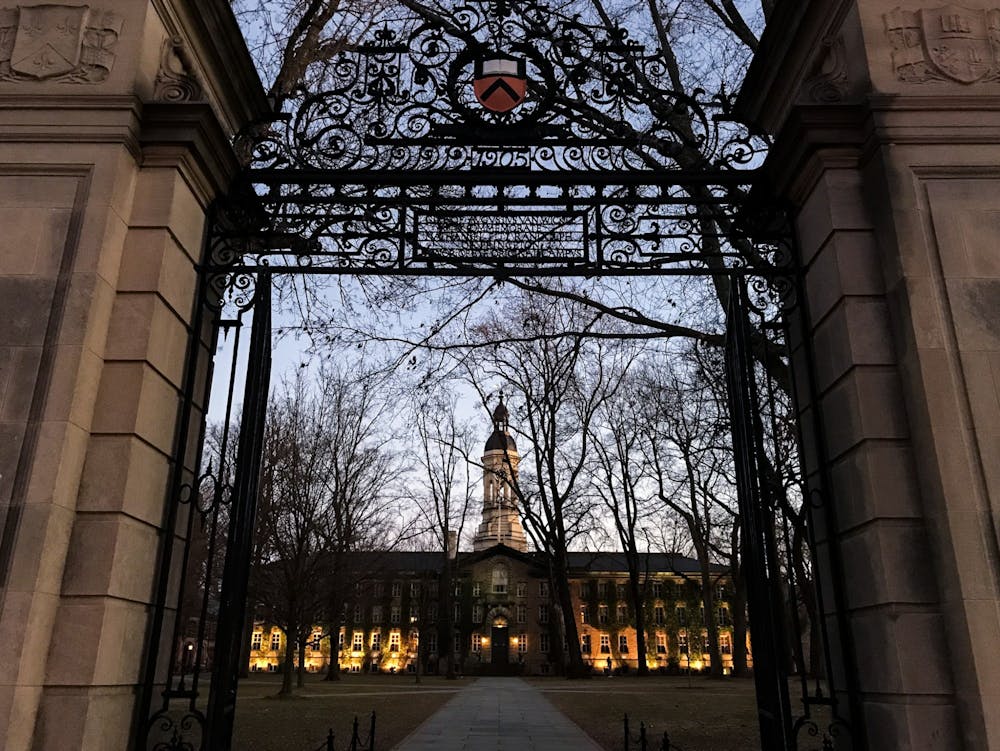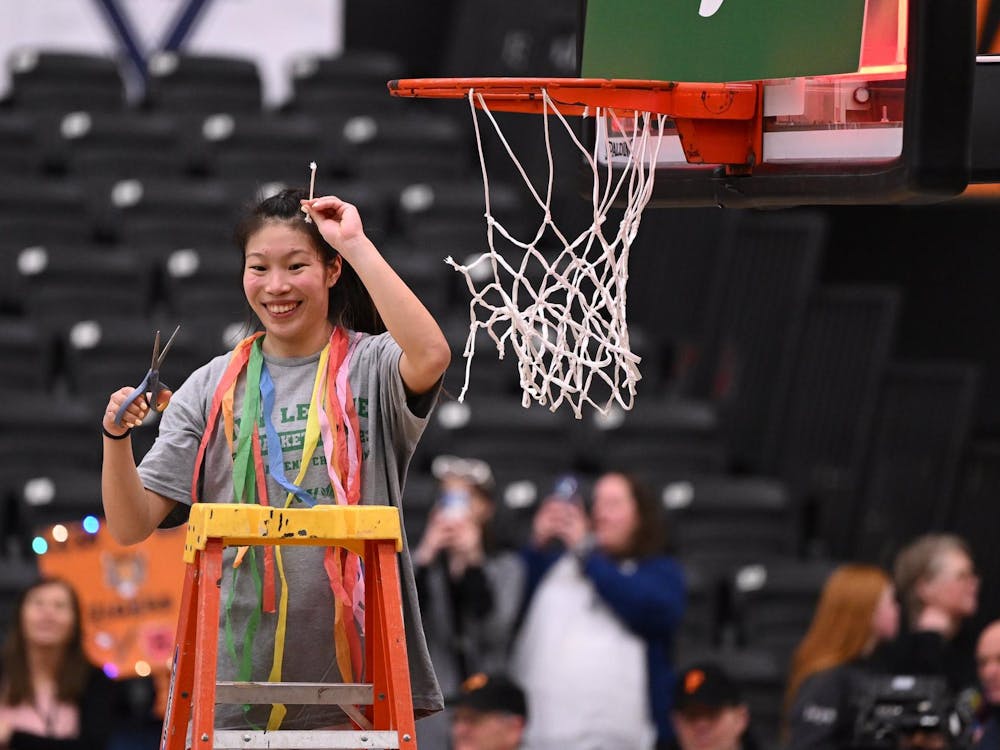Princeton University will not pursue any actions in response to Referendum No. 3, which calls for a boycott of Caterpillar Inc. due to alleged Palestinian human rights violations, according to an email from President Christopher L. Eisgruber ’83 to Undergraduate Student Government (USG) President Mayu Takeuchi ’23 and USG Secretary Charlotte Selover ’25 in the morning of Friday, April 22.
His email came in response to the Paper on Referendum No. 3, which USG sent to Eisgruber and other administrators in the afternoon of Thursday, April 21.
This was sent in lieu of the typical position paper that would be passed on to the administration after a referendum passes. This is due to the fact that although the measure passed with majority support according to bylaws of the USG Constitution, USG announced on Wednesday, April 20, that it would uphold an appeal regarding conflicting information on how abstentions are counted in USG elections.
The reconciliation paper, rather than arguing for or against the proposal to halt usage of Caterpillar machinery, “seeks to provide context as to how the student body engaged with Referendum No. 3.”
“At Princeton, any disassociation decisions are ultimately within the jurisdiction of the Board of Trustees, not the Undergraduate Student Government or, for that matter, the University administration,” Eisgruber wrote.
In the paper, he referred to the guidelines for the Council for the Princeton University Community (CPUC) Resources Committee, which include criteria for dissociation such as “‘considerable, thoughtful, and sustained campus interest typically extending over multiple academic years,” and “consensus” from the University community, according to Eisgruber.
“There is quite obviously no consensus on campus or in the broader University community about issues of Middle Eastern politics or what to do about them,” Eisgruber wrote, referencing petitions for dissociation in 2015 that were rejected by CPUC.
He emphasized the controversy that arose during the campaigning, voting, and post-voting periods around Referendum No. 3.
“Arguments about who is in the majority, or which side ‘won’ a contested student election, are not material to Princeton’s decision-making,” he wrote.
He called on USG to reconsider their procedures to allow “for more deliberation about when and why a referendum would be desirable.”
“Some issues are ill-suited to decision by referenda,” he added.
He also quoted previous advice from CPUC that students seeking these types of actions should instead follow paths “consistent with the fundamental character of the University as an academic institution” that can gain broader support, such as “the development of courses; involvement in lectures, panels and other public discussions; and research and scholarship on these issues.”

Takeuchi did not respond to a request for comment from The Daily Princetonian.
Annie Rupertus is a first-year from Philadelphia, Pa. and a News Staff Writer who covers USG for the ‘Prince.’ She is also a designer for the print issue.








